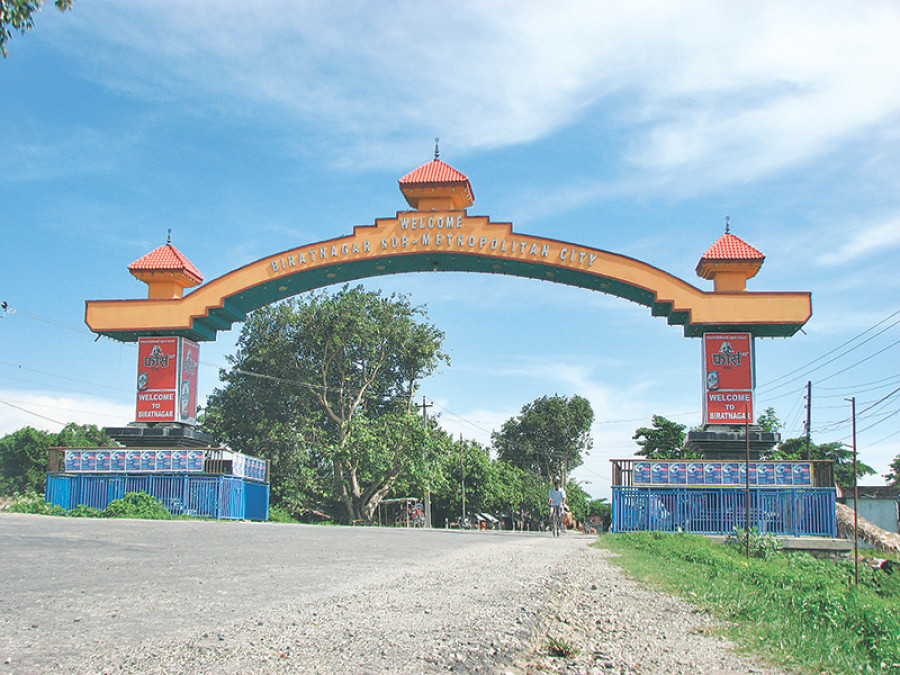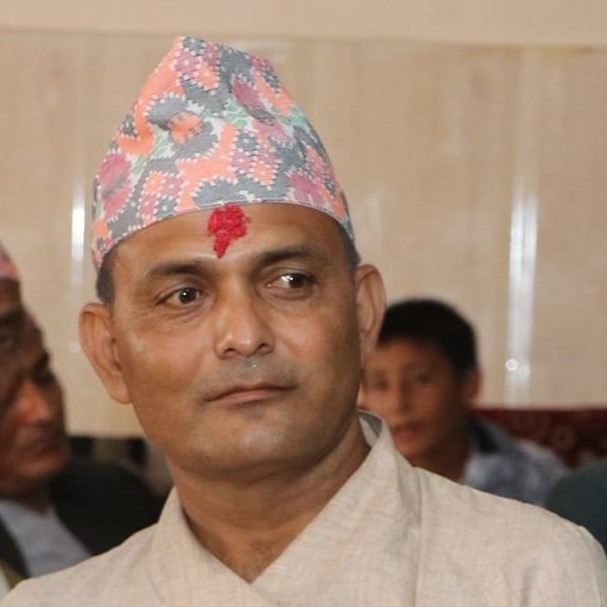Money
Mayoral candidates vow to rejuvenate Biratnagar
Biratnagar, once the country’s industrial capital and second largest city, has been slowing down.
Binod Bhandari & Madhav Ghimire
Biratnagar, once the country’s industrial capital and second largest city, has been slowing down. It has been overtaken by other fast growing and more energetic cities. Development activities in this city located in the southeastern corner of Nepal have not been able to keep pace. Now it is no longer the second largest city in the country.
Despite the possibility of immense development, growth in Biratnagar has not been able to match that of other emerging cities. People have not been able to get proper facilities due to unsustainable development.
Biratnagar has now been promoted to a metropolitan city. As the election campaign for the second phase of local polls begins, candidates from the major parties have been spewing promises that Biratnagar will once again be revived as an economic and industrial hub.
The second phase of local elections begins on June 28. Almost all candidates have included this campaign pledge in their manifestos. They have been revealing plans to turn Biratnagar into a transit point linking India, China and Bangladesh.
Hopeful mayors Bhim Parajuli of the Nepali Congress, Binod Dhakal of the CPN-UML and Umesh Yadav of the CPN (Maoist Centre) have similar plans to develop infrastructure, attract new investment and revive moribund factories to create jobs.
Yadav’s agenda includes constructing special economic zones (SEZ) in Biratnagar and connecting the Indian town of Jogbani across the southern border with Kimathanka on the northern border. The city can then be developed as a trade hub between India, China, Bhutan and Bangladesh.
“Entrepreneurs in the Eastern Region have been raising these issues for a long time, but none of the successive governments has taken the issue seriously,” said Yadav.

“As a result, the industrial corridor has not been able to develop export-oriented industries.” He added that the development of SEZs would take industrial and business activities in Biratnagar to new heights.
Likewise, the Nepali Congress plan includes expediting the development of the Jogbani-Kimathanka road, connecting Biratnagar with international cities as sister cities, and promoting new technology and development models, among other schemes.
As the industrial sector has been hampered by frequent strikes, the Nepali Congress has proposed making Biratnagar a strike-free metropolitan city.
It has also promised to develop an industrial agriculture exhibition centre within two years.
“Besides, we have focused on constructing a bus park and SEZ,” said Parajuli. He said that the industrial sector had also been hit by delays in the construction of an Integrated Check Post (ICP) and electric broad-gauge railway connecting Morang with Bathana in India.
These two projects are jointly funded by the Nepal and Indian governments. “My aim is to speed up development of these projects.”
Similarly, Dhakal of the CPN-UML said his focus would be on reinstating the image of Biratnagar as an industrial and business hub.
“The government has been cheating us for more than a decade by promising to develop the SEZ,” said Raj Kumar Golchha, second vice-president of the Morang Merchant Association.
“We are hopeful that the facility will be constructed as it has been inserted in the election manifestos of the major political parties,” he added.
Industrialist and entrepreneurs are also upbeat about the parties’ election manifestos and campaign promises. Due to lack of infrastructure, the Sunsari-Morang Industrial Corridor has not been able to attract new investment. The corridor houses nearly 600 big and small factories. Half of them are operating at 50 percent of capacity.
Increased cost of exports and imports and rising production costs are the key reasons why Nepali products have not been able to compete in the market.
“We are delighted that the major parties have included our concerns in their election manifestos,” said Pawan Sarda, president of the Morang Merchant Association. “And we are hopeful that all these commitment will be translated into action after the formation of the local government.”




 9.12°C Kathmandu
9.12°C Kathmandu















